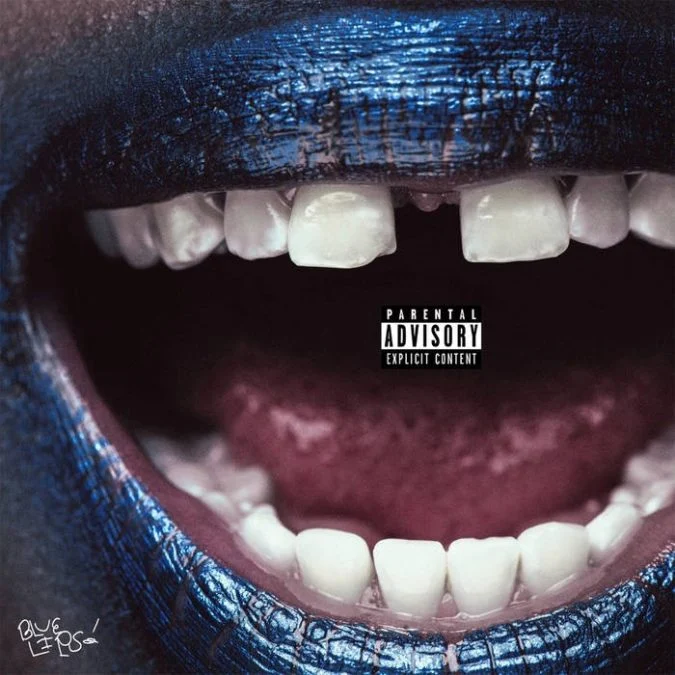Yeat is determined to establish his eccentricity. From his penchant for anonymity and umlauts to his choice of promotional tactics—think crop circles and billboards near iconic landmarks—he leaves no doubt about his uniqueness. His latest album, “2093,” centers around the concept of Lyfestyle Corporation, a dystopian vision governed by Yeat himself as CEO.

Despite his unconventional approach, Yeat’s lyrical content remains surprisingly conventional, yet it’s his melodic prowess and exceptional beat selection that carry the album. However, with a lengthy runtime of 24 tracks, “2093” struggles to maintain freshness throughout. While the absence of guest features adds cohesion, it also highlights the need for diversity in voices. Sonically, “2093” showcases Yeat’s best work to date, with standout tracks like “Psycho CEO” displaying his multi-faceted vocal delivery and inventive production. Yet, the lack of engaging lyrics becomes apparent over time, overshadowing the album’s strengths.
When Yeat does invest in his lyrics, the results are remarkable, as seen on tracks like “Power Trip” featuring Childish Gambino, where poignant bars elevate the song’s emotional depth. However, the album’s length and lack of narrative focus prevent these moments from shining consistently. While “2093” draws influences from cyberpunk and electro sounds reminiscent of Kanye West’s “Yeezus,” Yeat could benefit from adopting a more concise approach. Kanye’s ability to condense his ideas into impactful albums is evident, whereas Yeat’s sprawling project struggles to maintain coherence amid its aesthetic appeal. Ultimately, “2093” showcases Yeat’s potential but falls short of delivering a cohesive and compelling narrative. Despite its standout moments, the album’s length and lyrical shortcomings prevent it from reaching its full potential.
